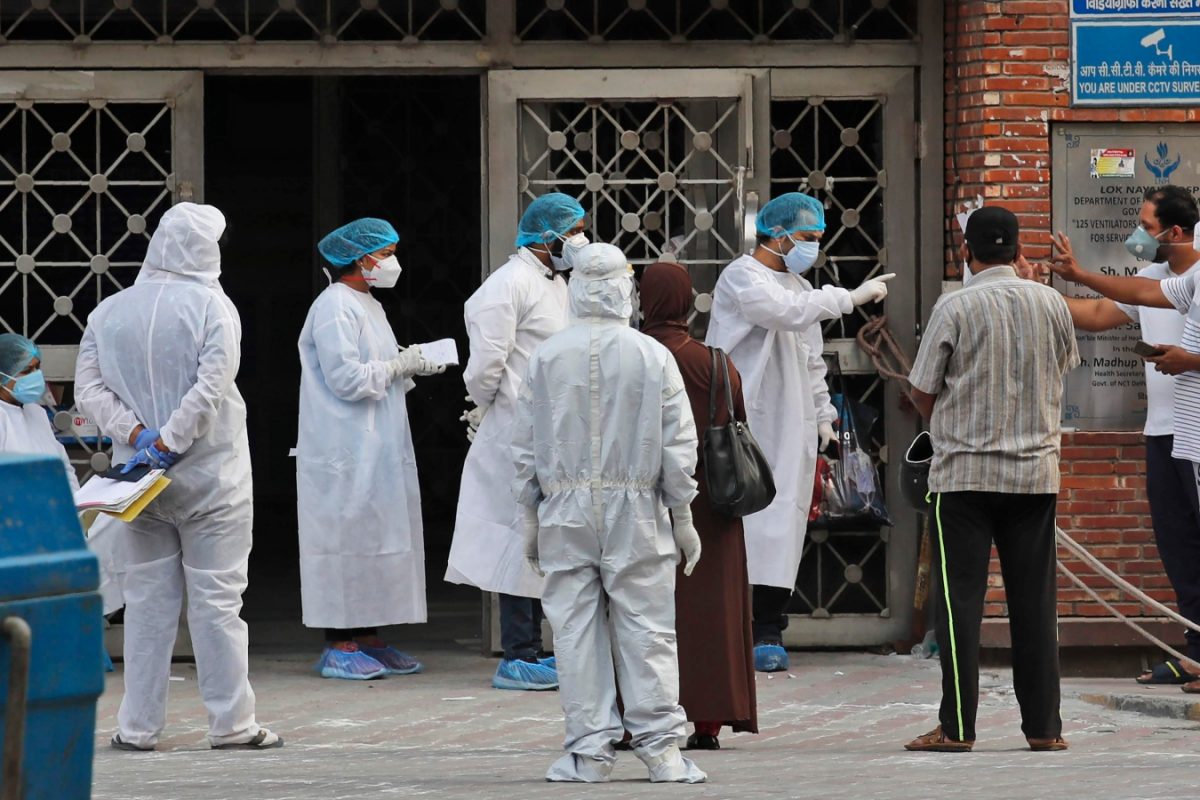

The Delhi government has issued a COVID-19 advisory to hospitals in light of a recent increase in cases, urging them to step up preparedness. This action follows a similar pattern observed in other Indian cities like Mumbai, Chennai, and Pune, where surveillance and preventative measures are being intensified due to a rise in infections.
The advisory, issued by the Health Department on Friday, May 23, 2025, directs hospitals to ensure the availability of beds, oxygen, medicines, and vaccines. It specifically mentions that all equipment, including ventilators, Bi-PAP machines, oxygen concentrators, and PSA plants, must be fully functional. Furthermore, the government has mandated that all health institutions send positive samples for genome sequencing to Lok Nayak Hospital in order to identify any emerging variants. Daily reporting of all relevant parameters on the Delhi State Health Data Management Portal is also required.
The move comes as several states have reported an increase in COVID-19 cases. Mumbai has recorded a significant number of new cases in May, with a notable portion of Maharashtra's total infections originating from the city. This has led to some patients being transferred from KEM Hospital to Seven Hills Hospital to mitigate the potential for further spread. Pune has also taken precautions by reserving beds at Naidu Hospital.
According to Delhi Health Minister Pankaj Kumar Singh, as of May 22, 2025, Delhi has reported a total of 23 COVID-19 cases. The Delhi government is currently verifying whether these patients are residents of Delhi or have come from outside the city. The minister has assured the public that the Delhi government is fully prepared to handle any situation and that there is no need for panic. He also mentioned that the hospitals are prepared with oxygen and oximeters and that senior officials are visiting hospitals daily to monitor the situation.
Across India, the situation is being closely monitored. As of May 19, 2025, there were 257 active COVID-19 cases in the country. Kerala reported the highest number of active cases, followed by Maharashtra and Tamil Nadu. While the numbers are relatively low, health authorities are remaining vigilant, particularly in light of a resurgence of cases in parts of Asia, including Singapore and Hong Kong, driven by Omicron subvariants.
Health experts advise the public, especially the elderly, pregnant women, and those with underlying health conditions, to resume basic precautions such as wearing masks in enclosed spaces and frequent handwashing. While the World Health Organization declared the pandemic over in May 2023, COVID-19 continues to circulate globally, and vigilance remains crucial to prevent any major resurgence.